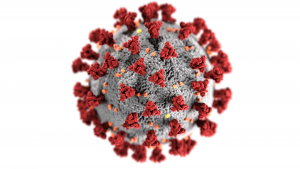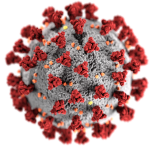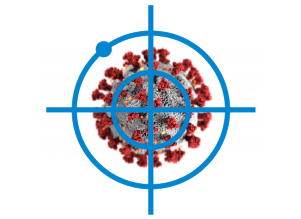Understanding memory B cell responses induced by heterologous SARS-CoV-2 exposure
Thursday May 26, 2022 11am ET / 5pm CET
Speaker: Laura M. Walker, PhD
Senior Director of Antibody Sciences at Adimab and Chief Scientific Officer and a co-founder of Adagio Therapeutics.
Understanding immune responses following severe acute respiratory syndrome coronavirus 2 (SARS-CoV-2) breakthrough infection will facilitate the development of next-generation vaccines. Towards this end, Dr. Walker and her colleagues profiled spike (S)-specific B cell responses following Omicron/BA.1 infection in mRNA-vaccinated donors. The acute antibody response was characterized by high levels of somatic hypermutation and a bias toward recognition of ancestral SARS-CoV-2 strains, suggesting the early activation of vaccine-induced memory B cells. BA.1 breakthrough infection induced a shift in B cell immunodominance hierarchy from the S2 subunit toward the receptor binding domain (RBD). A large proportion of RBD-directed neutralizing antibodies isolated from BA.1 breakthrough infection donors displayed convergent sequence features and broadly recognized SARS-CoV-2 variants of concern. Dr. Walker will discuss these findings, which provide insights into the role of pre-existing immunity in shaping the B cell response to heterologous SARS-CoV-2 variant exposure.




